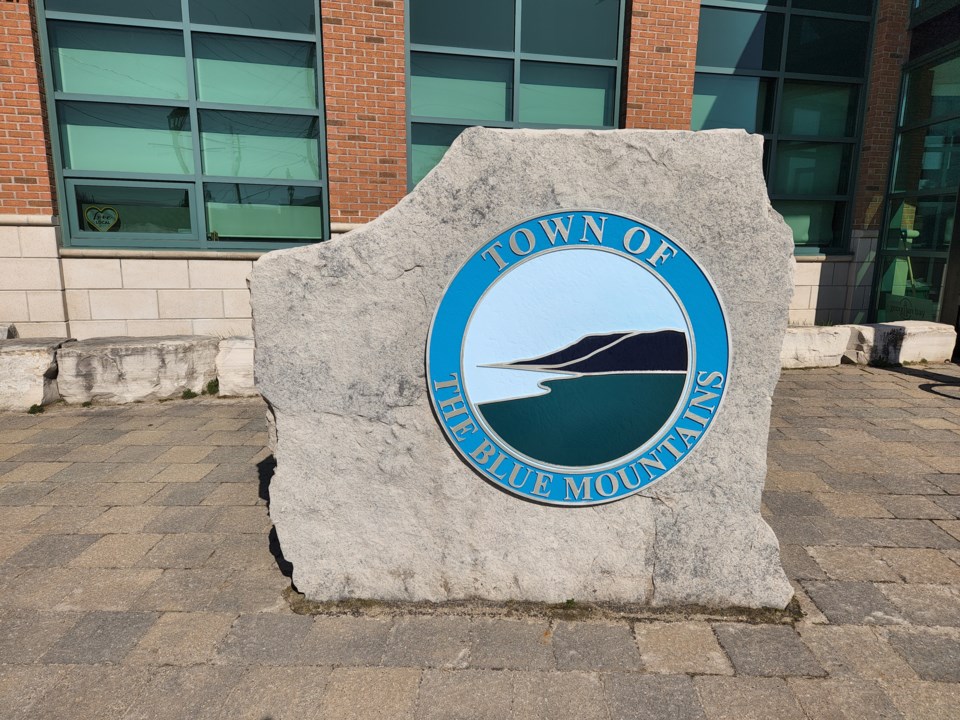The implementation of a municipal accommodation tax in the Town of The Blue Mountains is going to take some time.
At its committee of the whole meeting on June 26, council received an update about the process the town will undertake should council decide to move forward with the implementation of the accommodation tax. Tim Hendry, the town’s manager of communications and economic development, presented the update for council that outlined the process and the next steps to establish the next.
A municipal accommodation tax is levied on the price of overnight (short-term) accommodations in a community. Although the provincial legislation that created the tax doesn’t define these accommodations, they are generally considered overnight stays of 29 days or less. Hotel rooms, short-term accommodations and bed and breakfasts would be included under the tax.
Revenues collected must be shared between the local municipality and an organization that promotes tourism to the municipality.
During the 2023 budget process, The Blue Mountains council asked for staff to begin work researching what was required to implement the accommodation tax as a new revenue measure for the municipality.
Hendry said there will be a long process involving public input before a final recommendation on the tax comes to council.
“There will be a very robust process as we evaluate the feasibility of implementing the tax,” he said. “We certainly have to make sure we’re following a due diligence process.”
Hendry’s report explained that there is no direction in the provincial legislation on the amount of the tax, but generally municipalities go with four per cent. Hendry also noted that across Ontario 47 municipalities have implemented an accommodation tax. They range in size from Toronto (population almost 2.8 million people) to the Town of Marathon (population 3,100 people). Collingwood is also in the midst of considering an accommodation tax.
The town will conduct stakeholder engagement on the topic that will include interviews, workshops and surveys. Stakeholders will include: town residents in general, accommodation providers, tourism operators and organizations, and local business associations.
The timeline for the process will see town staff spend the next several months on the engagement process. In November 2023, a report will come to council to outline the findings of that process. Following that report, in January 2024 staff would seek formal direction from staff to develop the accommodation tax for implementation. A bylaw would come to council in the summer of 2024, with full implementation by the fall of 2024.
Should council decide to proceed with the tax, a decision will have to be made on developing a focused destination marketing plan or a broader tourism strategy for the town to accompany the tax. The budget for that work is estimated at $40,000.
Members of council were supportive of the timeline and moving the project forward.
“We really need to take the time to make sure we’re really doing a solid job on the reach out,” said Mayor Andrea Matrosovs.
Coun. Gail Ardiel said the project is overdue.
“With three million visitors a year, I think it’s time we go on board,” said Aridel. “This is exciting.”


